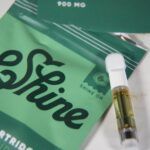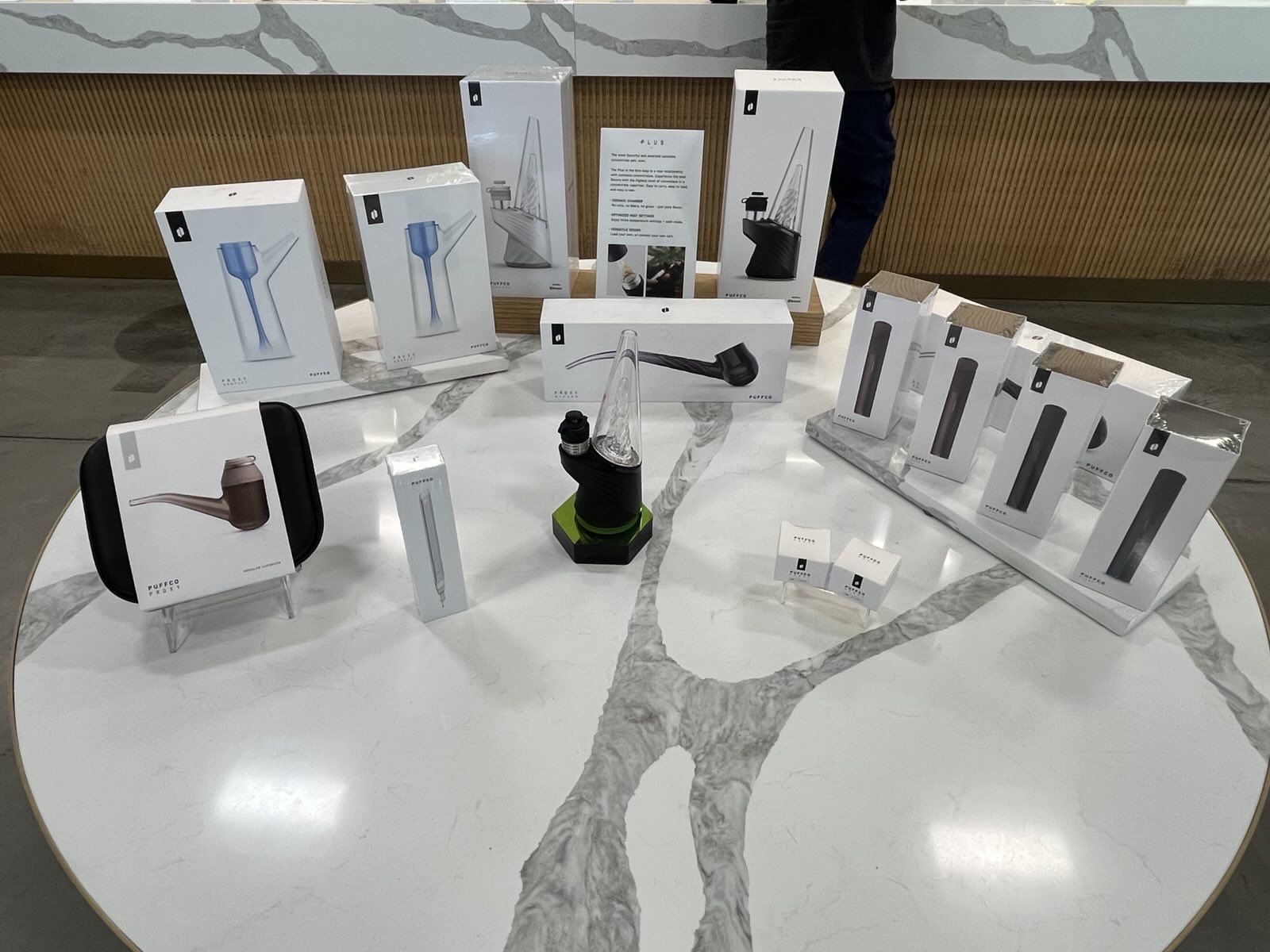Legal cannabis dispensary vapes are regulated under state frameworks that mandate comprehensive lab testing. This includes screening for THC potency, residual solvents, heavy metals, pesticides, and microbial contaminants—factors critical for consumer safety. Operators must comply with standardized packaging, batch traceability, and lab certifications, offering verified content and safety.
For instance, a study in 2019 compared seven dispensary-sourced vape cartridges with seven illicit versions. Lab results confirmed that legal cartridges had no harmful additives, whereas illicit ones often contained dangerous diluents and contaminants.
Despite rare incidents involving legally sold products—some illness reports did trace back to dispensary cartridges—these occurrences are significantly fewer than those tied to unregulated sources. Furthermore, dispensary products are purchased and consumed by more users overall, which explains the occasional case—but the robust oversight system offers far greater protection than clandestine alternatives.
Smoke-Shop/Vape-Kiosk Vapes: Unregulated & Often Dangerous
In contrast, vape cartridges sold at smoke shops or street kiosks often fall outside regulatory oversight. Studies and police seizures repeatedly find these products laced with vitamin‑E acetate, synthetic cannabinoids, even metals and pesticides. One UK study revealed that around 1-in-6 confiscated vape devices used by youths were contaminated with synthetic cannabinoids (“spice”)—several containing 5F‑MDMB‑PICA, a compound linked to seizures and psychosis.
The catastrophic 2019–2020 EVALI epidemic primarily affected users of illicit THC vapes. The CDC traced many hospitalizations and 68 deaths to vitamin‑E acetate added by unlicensed manufacturers. Adding fuels the lungs, these products were often packaged to mimic legal brands, misleading consumers.
Health Risks: Quality Control vs. Guesswork
Legal dispensary vapes, though not risk-free, come with scientifically measured THC concentrations and hazard screening—which dramatically lowers unknown threats. Users are informed and products are consistent.
Illicit vapes, on the other hand, are largely untested black-boxes, often cut with hazardous liquids or mislabeled entirely—posing risks ranging from acute lung injury to systemic toxicity.
When Convenience Is Costly
Smoke shops and kiosks offer lower prices and accessibility—but often at the expense of safety. Patients and veteran users tend to prioritize trustworthy products, product info, and repeatable effects—benefits dispensaries consistently deliver.
Final Takeaway
Choosing vape products from a licensed dispensary ensures you’re inhaling a product backed by lab testing, compliance standards, and brand accountability. By comparison, vapes from smoke shops or kiosks are unregulated, risky, and potentially hazardous—with documented cases of illness, adulteration, and outright fraud.
When opting for convenience, consumers may sacrifice safety. In the cannabis vaping world, a few extra dollars and a trip to the dispensary can safeguard your lungs—and your trust.





